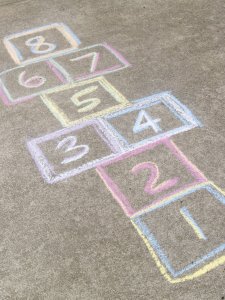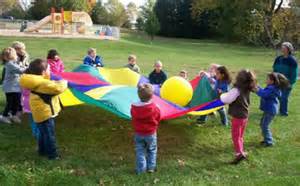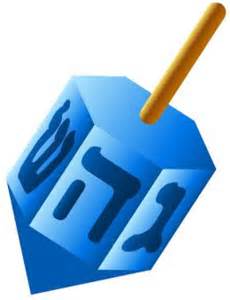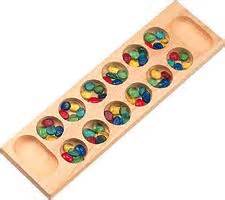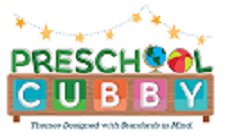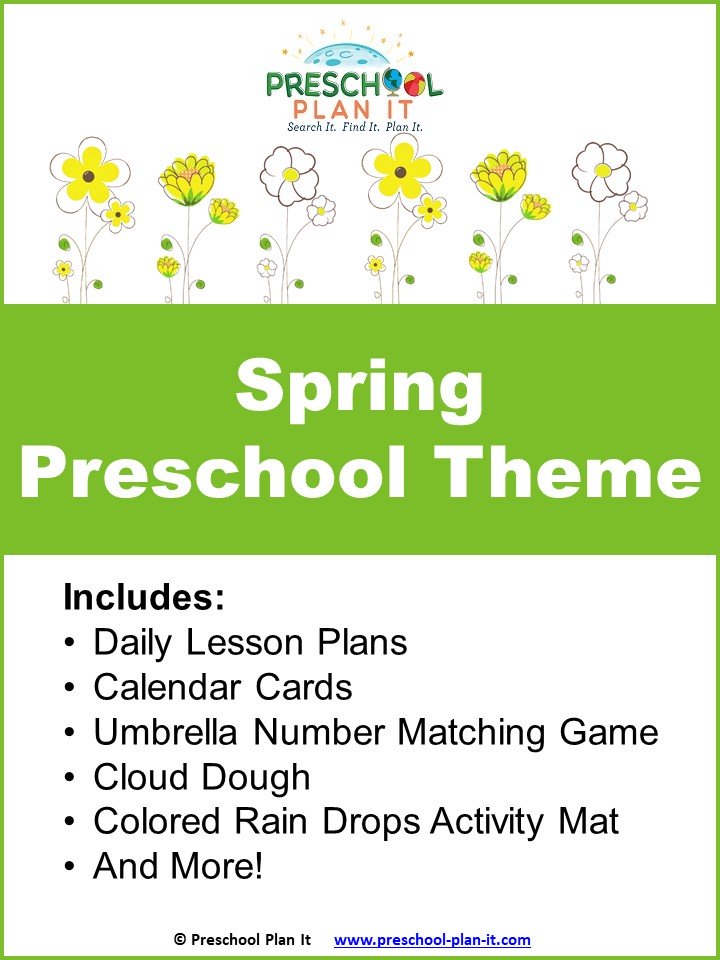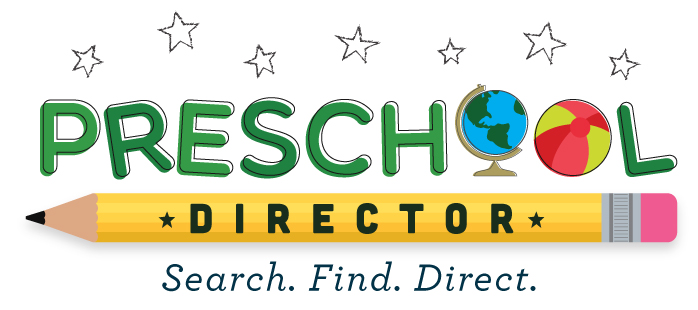Preschool Games That Are Sure To Please
What could be more fun than playing preschool games with a bunch of children?
That’s right, nothing!
Whether you are looking for online games, learning games, or holiday games, we’ve got tons of ideas and resources for you.
Preschool Games
Some parents may scoff at the idea of playing games in preschool. "Isn't my child supposed to be learning?" they may ask. After reading this section, you'll be able to respond with an enthusiastic, "Your child is learning!"
Preschool games teach many things. Firstly, when they are in a group, children learn how to take turns. This is a vital social skill that many kids may not have had the chance to practice much at home. Most games involve some kind of social interaction, which is a key component of preschool.
Next, the games you incorporate can teach academic concepts as well. The game "I Spy" teaches colors or shapes, the game "Hokey Pokey" teaches body parts, the game "Charades" could teach about animals, the game "Hopscotch" teaches counting, and the list could go on and on. Almost any preschool game can be adapted to teach an academic or social skill that you are working on.
Another important aspect of playing games is to begin learning the fine art of sportsmanship. Children need to learn how to lose a game graciously and also how to win without boasting. These skills can never be taught too early.
Of course, on the flip side, games can also be used to promote cooperation. When children have to work together as a group to accomplish a goal, they learn the benefits of teamwork. Learning how to encourage one another can also be incorporated. Many of these preschool Bible games involve cooperation.
Lastly, some games can be helpful for encouraging physical activity. Many of the games that are played outside involve running, jumping, hopping, etc. Even the games that are played inside can be adapted to support physical development.
Types of Preschool Games
As mentioned above, there are different types of games you may be looking to play with your preschoolers. One of the most common is the group type game that you might play in the classroom or with several preschoolers.
An example of this type would be "Musical Chairs." These games can be modified to work with small or large groups. Try these Back to School games during the first few weeks of school.
Group games are also popular during holiday parties, like Valentine's Day.
Other types of games that are becoming increasingly common are the online preschool games. Parents and teachers are realizing the importance of their children learning technology skills at an early age and they can make the learning fun by using games. There are a variety of websites that offer online games for a reasonable price or even free!
Similar to the online games are the software games that you can purchase. There are many software packages accessible to parents and teachers of preschoolers. One advantage of software games over online games is their availability.
Some homes and schools do not have internet connections, which makes games online impossible to play. You may also have more control over the types of games and the levels at which your child plays.
Lastly, board games are still popular with preschoolers today. Classroom teachers often utilize learning games, like preschool math games.
There are many choices from which you can pick, and some of the classics are still highly favored. Below are a few of my preschool classroom favorites. Candy Land, Chutes and Ladders, and Memory all are still being enjoyed in preschool classrooms and homes.
|
|
|
|
Tips to Make Preschool Games Successful
- Always be prepared. There is nothing more frustrating to a preschooler than being told they are going to play a really fun game and then finding out they don’t have the pieces necessary to play! Read through the directions, make sure you have all the pieces or equipment ready, and perhaps even practice it yourself.
- Play in a safe environment. This should go without saying, but make sure you have cleared the area you will be playing in to ensure safety. If you are in a large outdoor space, check to see if there are any obstacles that will be in the way and that you have a clear line of sight at all times. In indoor spaces, move furniture if necessary and check the floor surfaces as well.
- Repetition is key. Preschool children may need to play a game more than once to fully understand the game format and academic concepts being taught. It is best to plan on playing the same game several times before moving on to the next one so children reap the maximum benefit from each.
- Keep it simple. Of course, one of the main reasons for playing preschool games is to have fun! Try not to overload the games with too many rules, complications, or requirements. Children will get frustrated and not learn what you intend them to.
- Adapt when needed. Almost every preschool game out there can be adapted to fit a variety of situations. If the game calls for running, but you have a child in a wheelchair, see if you can figure out a way to change how the game is played. If you are teaching Spanish in a unit, change “I Spy” to Spanish vocabulary.
Here are some pages for specific types of preschool games on this website that you might be interested in!
Go to Preschool Professor's HOME Page

